“Sometimes all a person wants is an empathetic ear; all he or she needs is to talk it out. Just offering a listening ear and an understanding heart for his or her suffering can be a big comfort.” ― Roy T. Bennett
Data on how people display affection is useful; however, without empathy and accountability, love is lost, no matter how many acts of service or words of affirmation a partner may offer. In fact, some people do nice things in order to excuse future emotional inadequacies.
For example, Jane came home from work distraught. She told her partner, Tim, that a colleague had betrayed her trust and claimed Jane’s work as his own. The co-worker was awarded the promotion Jane was hoping for.
Tim listened but seemed indifferent. He asked her if she had done something to antagonize the co-worker. Devastated at Tim’s lack of support and shocked at his attempt to point the finger at her, she became angry and upset. Tim was surprised at Jane’s intense emotional reaction. He demanded she “calm down” and walked out of the room.
Jane’s hurt is compounded. Her co-worker betrayed her, and now a painful rift exists with her husband. Tim walks back into the room and tosses her car keys on the table.
“I got your oil changed today,” he says curtly.
Read 6 Toxic Relationship Moves That Most People Overlook
Guilt washes over Jane. How can she be mad at Tim if Tim does nice things for her? She swallows her hurt and doesn’t bring up her feelings about work again. Instead, she stifles the emotions she desperately needs to talk about.
Jane’s husband failed to do the one thing Jane needed him to do the most: Understand.
Empathy is the most important element in a close relationship. When a partner lacks empathy, the person feels doubly wounded and very alone.
A cluster of good deeds does not give a person license to be emotionally unavailable. Lacking empathy for a partner when he or she is hurting is akin to emotional abandonment. A lack of empathy is one of the most hurtful offenses.
The world is filled with toxic and self-serving people; a loved one is required to be the one person who gets it and has a partner’s back. The person who understands and supports.
It is often difficult for a partner to provide empathy and be accountable when it is he or she who has committed the hurtful offense. For example, say Nick allowed his wife, Angela, to take over and manage his business website. Nick had worked diligently to create outstanding content for 10 years, and he had successfully accrued multiple high-profile publications that he posted on his site. He conveyed the importance of the content and the website to Angela before she took over the project.
Angela quickly had a new website up and running. Nick assumed she had posted important content on the site. Four months later, he received negative feedback about his site from several clients. He discovered Angela had not included any content on the site and listed an incorrect contact number for the business.
When he asked Angela about it, he also shared his fear that his content may have been lost when Angela dismantled his old website. Angela became indignant, stating, “You are over-reacting. It’s fine. You are getting upset for no reason.”
Nick became more distressed that Angela refused to see his perspective. She refrained from considering the possibility that everything he had worked for may be lost. Understandably distressed, Nick attempted to re-explain his fears, but Angela continued to rebuff him. She reminded him of the other projects she was helping him with, insinuating that he should be grateful, not upset.
Nick, crushed that his website had been up for four months without content or a correct business number, spent that evening attempting to recover his work. Angela continued to act as if she had done nothing wrong.
The next day, Angela spent a little bit of time on the website but refused to contemplate Nick’s feelings. She continued to act as if she had not made a mistake or hurt Nick in any way. Angela’s refusal to understand Nick’s perspective or be accountable caused Nick significant emotional distress. Understandably, this incident created a rift between Angela and Nick.
Read A Relationship Without Empathy
Two emotional capacities allow for closeness and love. They are empathy and accountability. Regardless of the number of affirmations, gifts, or acts of service a partner provides, if he or she is not capable of providing empathy, understanding a different perspective, or owning his or her mistakes in the relationship, it may be inevitable that trust, closeness, and love are lost.
If a person struggles with empathy, three tips may help. First, listen for a feeling and honor it. “You are disappointed. I get it. I would be too.”

Giving advice or attempting to solve someone’s problem may not be as important or healthy as helping him or her feel understood at the moment. Sticking with the feeling for a second may be a good idea.
Second, even if a person doesn’t understand why or how a partner feels the way he or she does, it is still important to honor the feeling. “It hurts to feel like you are not good enough. It’s hard.” Or, “You are worried about work. I get it. It’s really important to you.” Third, if a person is the reason why his or her partner is upset, say it: “I hurt you. I had a selfish moment, and I let you down. I’m so sorry.”
Lastly, a person may try to replace an affirmation about physical beauty or achievements with an affirmation of who a partner is. This affirmation may create immediate feelings of connectedness and closeness, whereas a superficial compliment may be less meaningful.
For example:
“You are such a thoughtful person.”
“You are really selfless.”
“You work so hard.”
“You have an amazing sense of humor.”
Read How To Tell If You’re In A Healthy Relationship (When You’ve Never Had One Before)
Instead of concentrating on a partner’s love language, it may be more helpful to focus on his or her emotional capabilities. The most important and powerful way to display love is by providing empathy. Ensuring a partner is empathic, understands a perspective even if it differs from his or her, and takes responsibility for his or her actions in the relationship is imperative.
Written By Erin Leonard Originally Appeared On Psychology Today
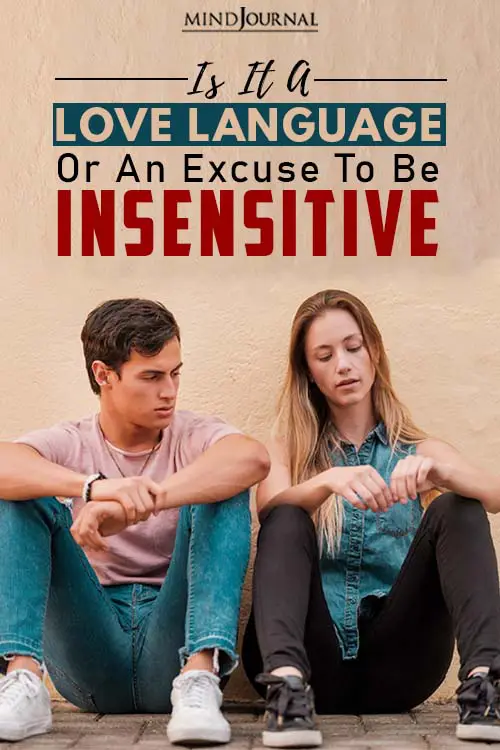
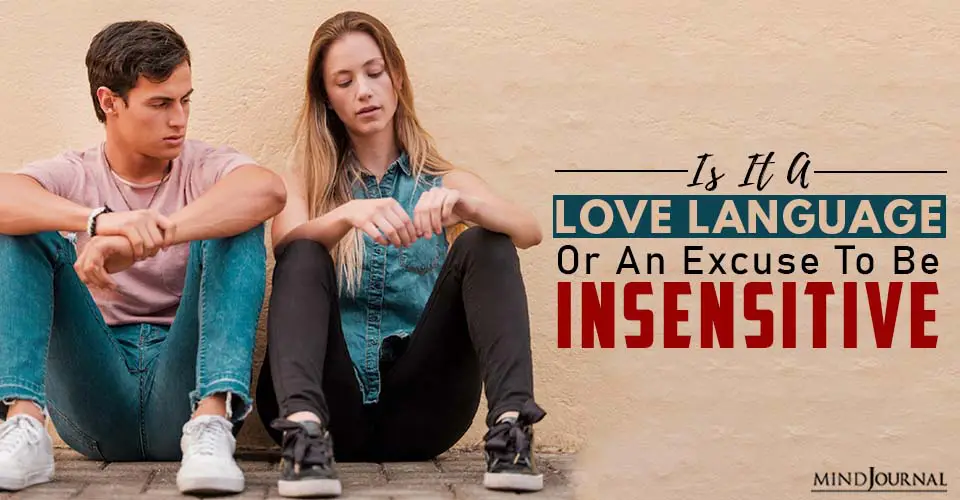
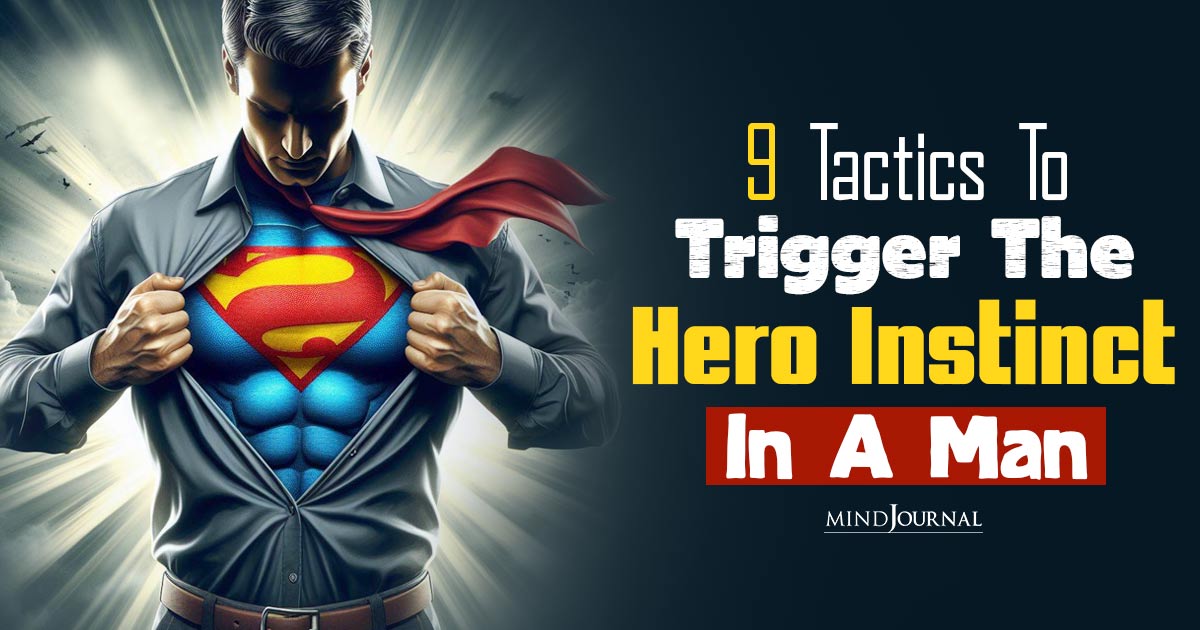


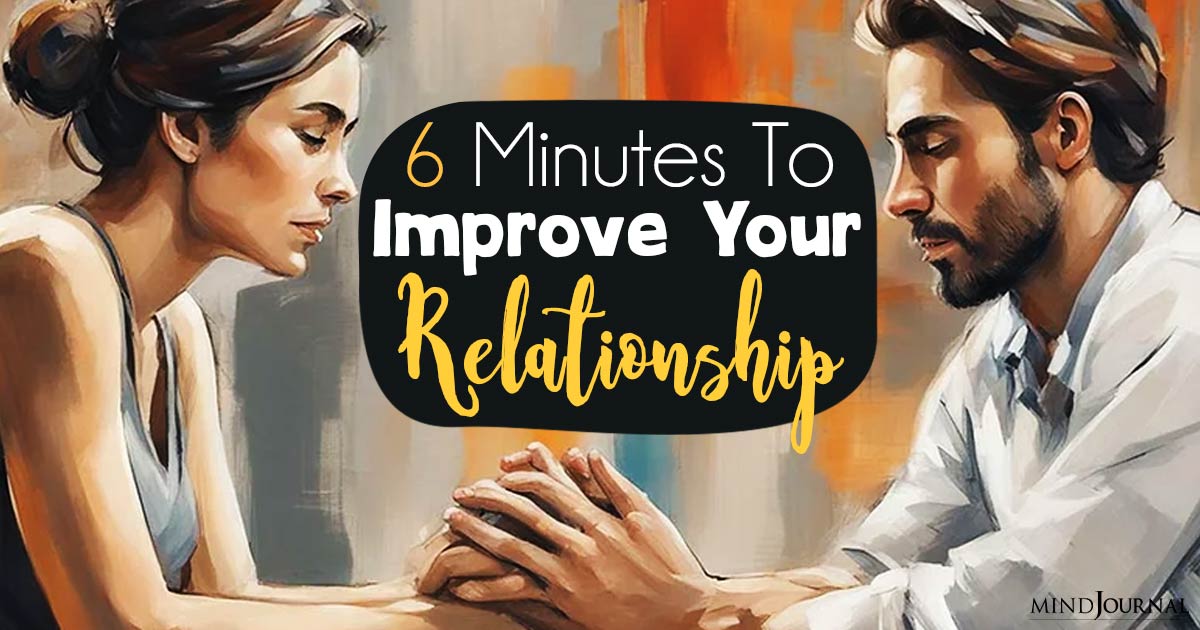
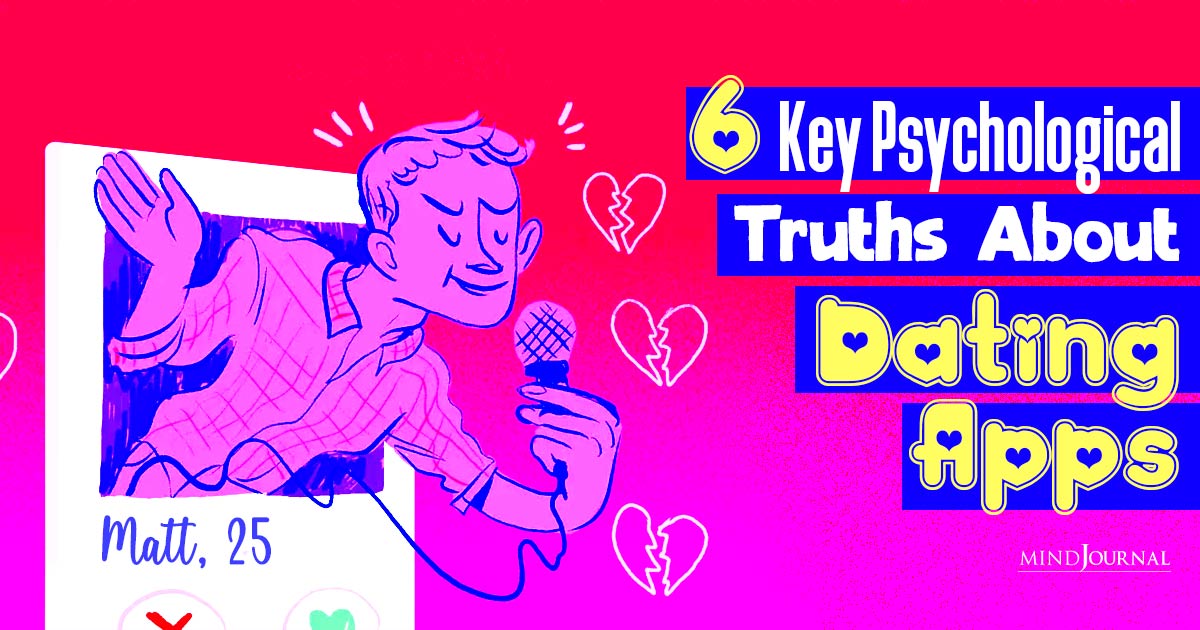
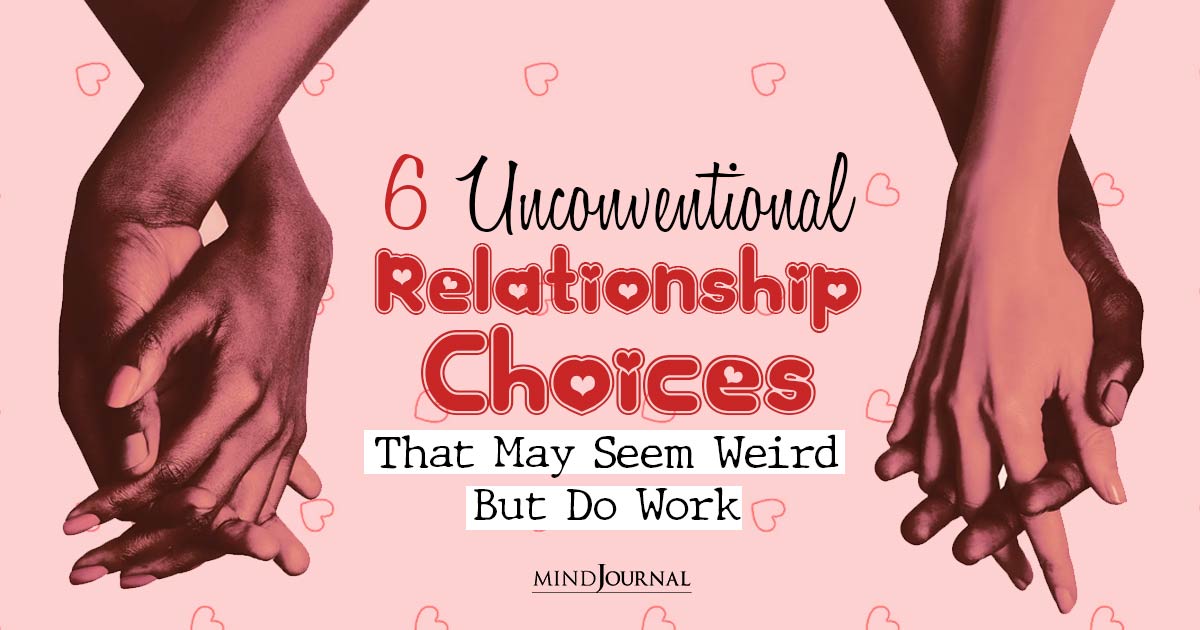
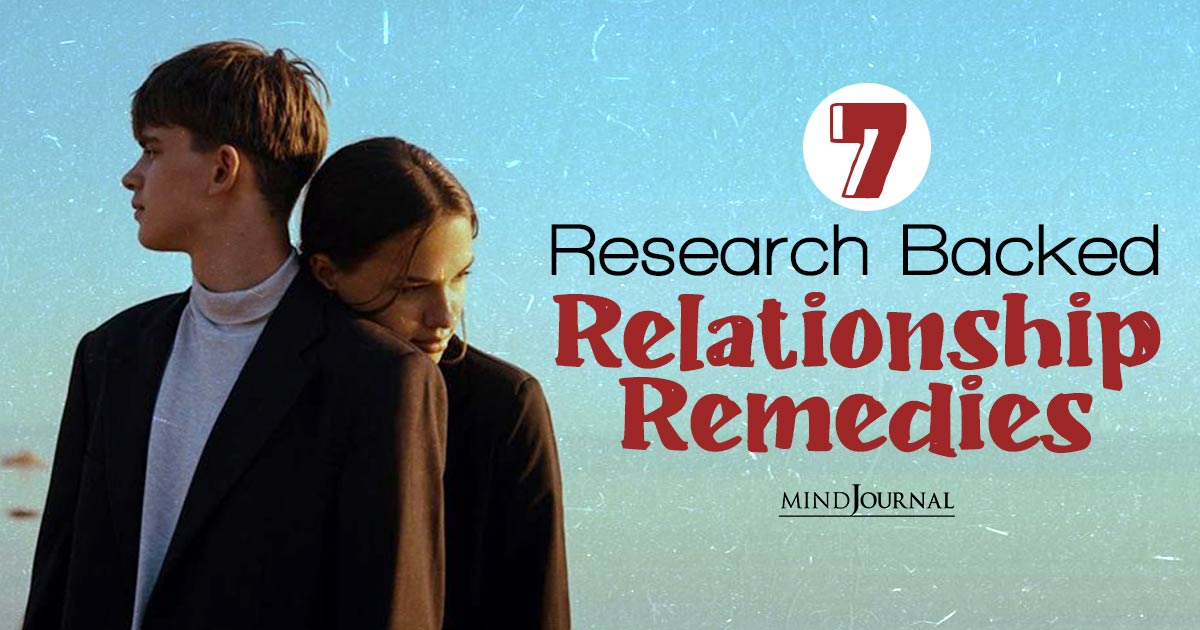
Leave a Reply
You must be logged in to post a comment.